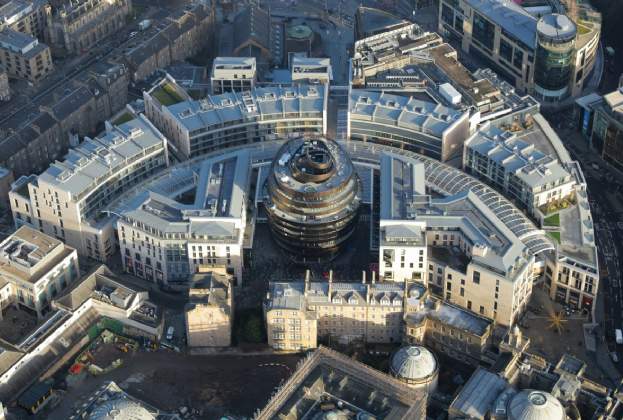In an industry that is clearly battling a series of challenges and headwinds, one market appears to be defying the struggles currently facing the retail sector. Sales in the footwear market have grown considerably in recent years, with consumer spend on footwear in the UK increasing 6.3 per cent on an average annual basis over the five years to 2018, when adjusted for inflation.
When you compare this with the 2.8 per cent average annual growth for clothing spend over the same period, it is clear to see that the footwear market is steps ahead. Furthermore, consumer spend growth of footwear is set to continue, with a total growth forecast of 17.7 per cent predicted between 2018 and 2023 after inflation (again, outstripping total clothing growth which is forecast to rise 13.3 per cent, according to Oxford Economics).
With this continuous market growth we have seen an increase in the number of specialist footwear store openings, particularly within the luxury sector. Luxury footwear store openings increased by 54 per cent globally in 2018, with Europe accounting for a large proportion of this at 43 per cent.
In fact, the total number of luxury footwear new store openings doubled across Europe last year. In comparison with other luxury fashion items, the relative affordability of footwear products has created a gateway into the high end market for a wider range of customers. This is particularly apparent amongst Millennial and Generation Z customers, both of which are forming an increasing segment of luxury market consumers.
However, it’s not just the luxury market that is seeing an uplift. Cultural shifts towards both sustainability and experiential retail are driving forces within the growing footwear market. For example, sustainable footwear brand, Allbirds, opened their first site in London in 2018 and have plans to expand throughout Europe.
Likewise, after receiving significant investment, women’s footwear brand Rothy’s, who produce 100 per cent recycled shoes, is planning expansion across the US and internationally.
With regards to experiences, an increasing number of footwear retailers are cleverly bridging the gap between online and offline shopping. Vans introduced its popular ‘House of Vans’ concept to London, featuring an events space, gallery, cinema and skate park in a 30,000 sq ft space in Waterloo. Similarly, Converse opened a pop-up hotel in Shoreditch last year, which incorporated concerts, workshops and lectures to launch its new ‘One Star’ collection.
While the challenges facing retail may be set to continue as the industry adjusts to changing consumer behaviour, it’s positive to see that the footwear market appears to be capitalising on these changes and growing accordingly.
Further information
.jpg)



.jpg)

.jpg)



.jpg)